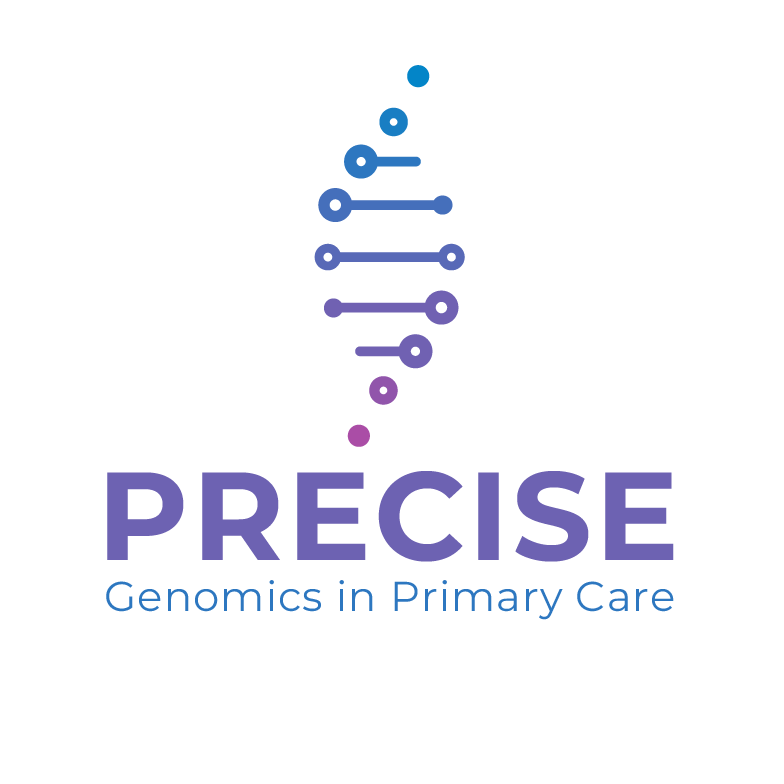Eating disorders post-pandemic – take heed of the need and use MEED
Eating Disorders in the Wake of COVID-19: A Growing Concern
Whilst no longer considered a public health emergency, the significant, long-term impacts of Covid-19 continue to be felt strongly by our patients, communities and economy. The masks may be off, but we are still feeling the effects, with children’s mental health arguably one of the great impacts of the pandemic.
Understanding the Impact: Recent Data and Findings
New data from the UK in The Lancet Child and Adolescent Health highlights the extent of the problem. The study looked at the electronic health data of 9 million 10-24-year-olds and confirmed that the incidence of eating disorders and self-harm in girls was substantially higher than expected in the first two years of the pandemic.
A Closer Look at the Australian Study
These findings mirror an Australian study published in the Journal of Eating Disorders last year, which found a widespread escalation of eating disorder symptoms during the COVID-19 lockdown. With 40.5% of participants not having sought formal diagnostic assessment and less than half in treatment, the authors described this as ‘a mental health crisis’.
The Challenge for General Practice
This situation represents significant challenges for us in general practice. Eating disorders are common, yet remain under-recognised and easily missed. Prompt intervention can improve recovery rates, reduce relapses and avoid admissions, but services are overwhelmed and patients face long waits for treatment.
Furthermore, the signs that someone with an eating disorder is severely unwell are remarkably easy to miss, with potentially devastating consequences. These are patients who can appear healthy, with normal bloods, right up until the point of collapse. We must also remain aware of suicide risk as well as the physical risks, with 1 in 5 deaths from anorexia nervosa due to suicide.
MEED Guideline: A New Tool for Urgent Intervention
Thankfully, pragmatic, timely guidance from the Royal College of Psychiatrists provides a new tool in our armoury to reduce the risks in this vulnerable patient population. The Medical Emergencies in Eating Disorders (MEED) guideline aims to ensure we can identify which patients need urgent treatment and when. Importantly, it can be used for all ages, all types of eating disorders and across all care settings.
Using the MEED Risk Assessment Framework
The MEED risk assessment framework combines history, examination and investigations alongside assessment of motivation, engagement, and, particularly for younger patients, parent or carer support. This holistic approach recognises the fact that eating disorders are multi-dimensional illnesses, represented by so much more than a BMI, and that risk assessment is fraught with difficulties.
Each ‘domain’ is rated with a traffic light system, indicating the impending risk to life. A red flag suggests a high impending risk to life, including things like recurrent syncope, bradycardia, significant ECG abnormalities, electrolyte disturbance, >2hrs/day dysfunctional exercise, moderate or high suicide risk, or poor insight and motivation. Patients with one or more red flags, or two or more amber flags, should be considered high risk, warranting urgent admission to hospital. Unlike most other traffic light systems, green flags should not be used to reassure patients (or clinicians) that the risk is low, and we should continue to emphasise the severity of the illness, the need for eating disorders service input and the importance of treatment in this group.
Simplified MEED Guidance: Your Shortcut to Action
The 185-page guideline is welcome, but lengthy (!) – thankfully we’ve done the hard work for you and summarised it into a beautifully colour-coded Keep It Simple Summary in our Hot Topics handbook.
We will also be discussing MEED, as well as the latest guidance on eating disorders, at our upcoming Hot Topics…
This blog was originally published on nbmedical.com by Dr Rachel Brettell on 28th June 2023 and has been adapted for an Australian audience.

Simon is a GP based in Newcastle, NSW, and a senior medical educator with Medcast. He also has medical education roles with the RACGP and GPSA.
Over the past three decades, Simon has worked in clinical and educational roles in NSW and the NT, as well as in the Republic of Ireland. He has published over 75 peer reviewed journal articles, and in 2018 received the RACGP Corliss award for his contribution to medical education.
Simon is passionate about high quality education and training. He has particular interests in GP supervisor professional development and the rational use of tests and medicines. He is a proud member of Doctors for the Environment. He spends his spare time drinking craft beer and pretending that he is a musician in the Euthymics, an all-GP band.
Become a member and get unlimited access to 100s of hours of premium education.
Learn moreAn increasing number of pregnant patients are seeking advice from their GP about prenatal genetic testing. This FastTrack covers non-invasive prenatal testing/screening, including how it works, indications, limitations, and different types of testing panels. 30mins each of RP and EA CPD available.
Anthony is a retired engineer, who is compliant with his COPD and diabetes management but has been struggling with frequent exacerbations of his COPD.
Understand the requirements of the updated RACGP recommendations for the Doctor’s Bag to stay compliant and prepared for your next clinical emergency

